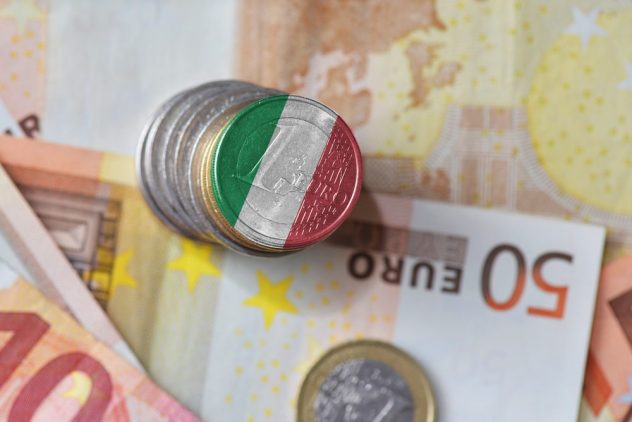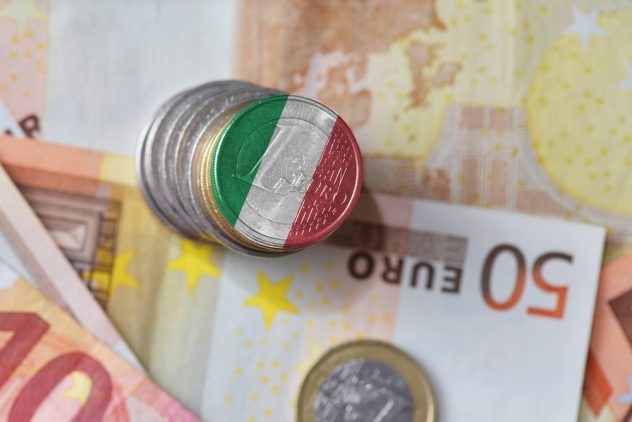Managing a business involves many risks. In case of unpaid debts after economic relationships, commercial agreements and money transactions, it is good idea to rely on legal professionals to exhort debtors and save time and money.
Uncertainties about commercial relationships and eventual economic crisis might endanger the fair conclusion of several commercial deals. Delayed payments often take place but sometimes the creditor is unable to recover the amount they are entitled to. Only in Italy, around 35,6 Million debt and credit recovery files have been assigned to specialised companies and law firms. Based on that, with the purpose of ensuring your company a robust cash flow, businesses shall maintain an effective system dedicated to the collection of overdue accounts.
 With such purpose, it is important to understand that debt recovery and credit collection issues need a case-by-case analysis that looks at the type of credit, the reasons for the debts or the time of the debt. Within this context, it is good practice to rely on competent law firms, such as VGS Corporate Lawyers, established professionals in the field of credit collection in Italy.
With such purpose, it is important to understand that debt recovery and credit collection issues need a case-by-case analysis that looks at the type of credit, the reasons for the debts or the time of the debt. Within this context, it is good practice to rely on competent law firms, such as VGS Corporate Lawyers, established professionals in the field of credit collection in Italy.
In general, after 6 months, the probability of recovering a credit is reduced by 30% in Italy. For this very reason, it is important to proceed with an assessment of debtor’s financial and economic situation. This first approach is relevant because it determines the reasons for the non-payment. In fact, VGS approach will determine the non-payment nature and reasons with the purpose of planning next steps.
Based on the information gathered during the first assessment of debtors’ financial condition, VGS professionals warmly suggest tailoring the procedure according to debtor’s condition. Generally speaking, it is paramount to induce the debtor to proceed with the payment outside judicial channels. In such contexts, VGS professionals suggest that letters, payment notices, may be effective in some cases. On the contrary, in all the other cases, it is suggestable to proceed with an injunction order. This is the most common procedure and it consists of presenting to the Court the documents necessary to prove the existence of a claim against the debtor. If the judge confirms debt existence, the order of payment is temporarily enforceable.
At this stage of the procedure, the Court can confirm the order of payment, ask for further information, or dismiss the appeal.
In presence of the order or payment, this is to be delivered to the debtor within 60 days and the debtor may oppose the order by 40 days. After the expiration of the period mentioned above, creditor’s lawyers will demand the Judge to empower the order of payment with an enforcement clause. The new documents created (Writ of execution) is enforceable within 10 days. However, in those cases where the debt is based on cheques, a bill which has been certified by a notary act, the order of payment is temporarily executive.
Indeed, in the event the debt has not been paid within 10 days, the creditor can request for the foreclosure of debtor’s assets until the credit balance is satisfied. Such procedure can involve:
In addition, the Italian Legal System provides the creditor with another instrument that can protect creditor’s right: the attachment. As a precautionary measure, the attachment is able to secure the material permanence of assets in debtor’s estate. In this way, once won the judgment, the creditor will attack the assets. This measure is able to anticipate foreclosure effects and, in the event of an executive conviction, it is converted into foreclosure.
Generally speaking, it is not possible to estimate exact costs for previous procedure. However, given the substantially standardised activities it is possible to identify the following range of costs:
Payment Notice – From €120,00 up to €310,00;
Appeal for injunction – From €400,00 up to €3.250,00;
Writ of execution – From €120,00 up to €900,00;
Securities Foreclosure – From €190,00 up to €1460,00
Seizure from third parties – From €250,00 up to €1460,00











Leave A Comment